Premium Only Content
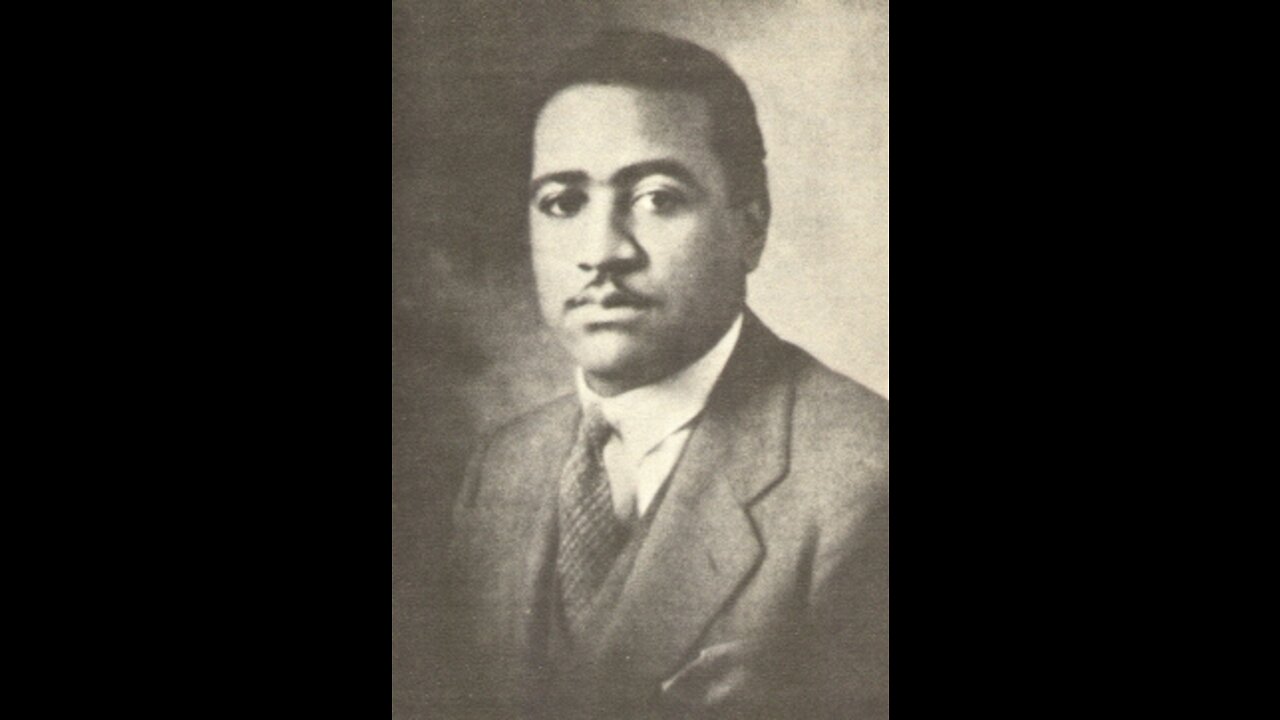
BENJAMIN DAVIS, JR. (1903-1964)
A major figure in Harlem community politics and the Communist Party during the 1930s and 1940s, Benjamin Davis, Jr. was born into a prominent African American family in Atlanta, Georgia in 1903. He migrated north to Massachusetts to attend college at Amherst, where he was an all-American football player, and in 1932 graduated from Harvard Law School. After returning to Atlanta to practice law, Davis rose to national prominence as the lead attorney for Angelo Herndon, a black Communist charged under an archaic slave law with inciting insurrection after he attempted to organize unemployed workers. The experience radicalized Davis, who was impressed with the Communist Party’s commitment to racial justice and joined the Party during the trial.
Amid threats on his life in the aftermath of the Herndon trial, Davis moved to Harlem in 1934 where he replaced Cyril Briggs as editor-in-chief of the Harlem Liberator. Davis’ arrival was part of a larger transition in Harlem Communist Party leadership as the first generation of black Communists, led by West Indian-born nationalist revolutionaries like Briggs and Richard Moore, gave way to American-born blacks like Davis and James Ford who advocated more rigid Party discipline and closer, more pragmatic alliances with white workers.
Davis quickly became a popular figure both inside the Party and in the community. He was appointed to the Communist Party’s National Committee and played a key role in building the Popular Front organization, the National Negro Congress. He also helped organize a number of community-centered campaigns against racial discrimination including protests for improved housing and employment. In 1942, running on the Communist Party ticket, Davis was elected to fill Adam Clayton Powell’s seat on the New York City Council. Following a successful second term on the city council from 1945-1948, Davis fell victim to the post-war “Red Scare.” Along with several other members of the Communist Party National Committee, he was prosecuted under the Smith Act and sent to federal prison. After his release Davis returned to Harlem but could never regain his former influence in the changed political atmosphere of the Cold War.
-
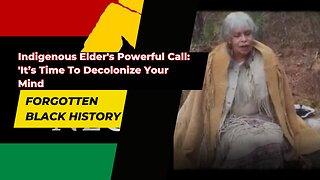 13:47
13:47
Forgotten Black History
1 year agoIndigenous Elder's Powerful Call 'It’s Time To Decolonize Your Mind
2241 -
 3:06:55
3:06:55
TimcastIRL
5 hours agoDan Bongino To RESIGN, Trump Addresses The Nation
322K359 -
 2:14:08
2:14:08
Barry Cunningham
4 hours agoLIVE BREAKING NEWS: President Trump Addresses The Nation! And More News!
45.3K15 -
 LIVE
LIVE
ThatStarWarsGirl
6 hours agoTSWG LIVE: Discussing STAR WARS News with Special Guest Star Wars Theory!
400 watching -
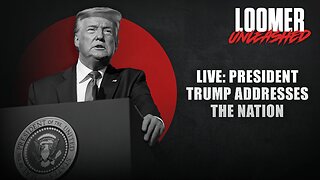 2:42:40
2:42:40
Laura Loomer
4 hours agoEP162: LIVE: President Trump Addresses The Nation
47K20 -
 1:32:05
1:32:05
Adam Does Movies
9 hours ago $1.06 earnedRob Reiner Films + Movie News + AMA - Live!
18.9K -
 47:57
47:57
Professor Nez
8 hours ago🚨LIVE NOW: President Trump Addresses the Nation from the Oval Office
27.2K24 -
 28:17
28:17
The White House
5 hours agoPresident Trump Delivers an Address to the Nation
66.4K113 -
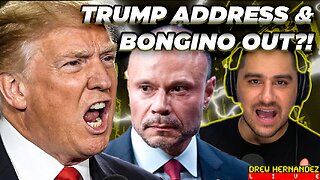 LIVE
LIVE
Drew Hernandez
21 hours agoTRUMP ADDRESSES THE NATION & BONGINO ANNOUNCES FBI DEPARTURE?
1,087 watching -
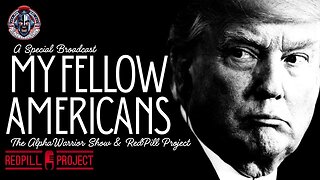 2:37:30
2:37:30
Badlands Media
15 hours agoBadlands Media Special Coverage - MY FELLOW AMERICANS the Alpha Warrior Show & Redpill Project
59.6K21